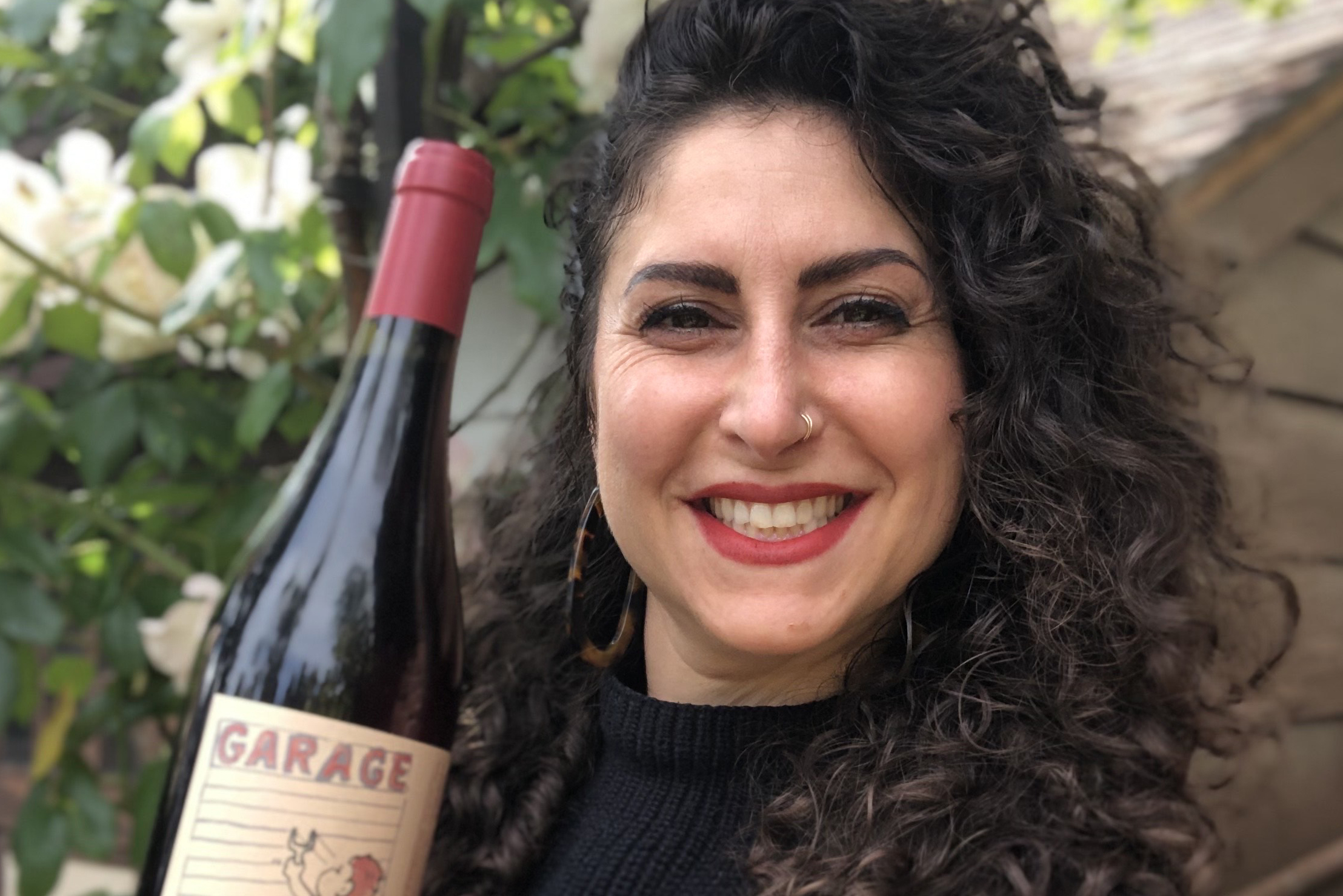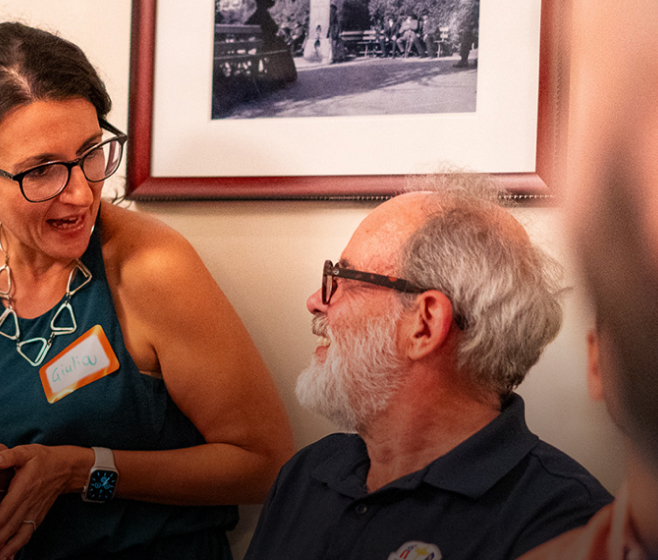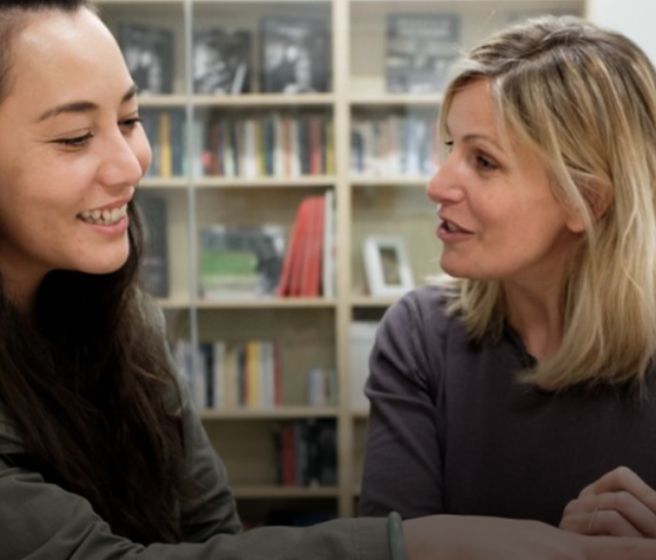
Cittavino & Co: cultivating a sense of community.
Getting to know Cittavino, one of our partners.
In the long and varied history of Italian culture, wine has always represented an element of great importance. Not only as an agricultural product or drink, but as an authentic symbol of a gastronomic and social tradition that has its roots in antiquity. This precious nectar of the vines, in fact, has played a fundamental role in configuring our national identity, profoundly influencing habits, customs and way of life.
In Italy, wine at the table represents a real ritual, a moment in which we rediscover the pleasure of being together and share the experience of taste. It is no coincidence that, in our country, great importance is given to choosing the right wine for each dish, in the search for perfect pairings, which is a real art.
Because one of the main claims of the school is “Taste Real Italian”, and the wine culture is embraded in our roots, we created a partnership with Emilia Aiello, the owner of Cittavino & Co, an online wine company dedicated to the study and promotion of lesser-known southern Italian wine regions.
Emilia is a Californian native, born to an immigrant Italian family.
What makes your business unique?
Cittavino & Co. focuses on southern Italian wine, a rather underrepresented wine region of the world. The website is not only an ecommerce platform, but a resource for consumers and wine professionals alike. The material I write is based on my personal studies, from reading technical texts in Italian to continuous travel to Italy, meeting with producers, perhaps even working harvest with them. In choosing such a specific area, I have the possibility to delve into the intricacies of a highly nuanced part of the world. My goal is to offer information on those intricacies in a palatable manner, making wine and wine language accessible. Beyond the hyperfocus on southern Italian wine, my hope is that Cittavino & Co. reconnects us with our consumerism. We live in a world where the things we buy, even our food, are a mystery to us. We can’t all be farmers, but humans are suffering from their lack of connection to the earth. In my view, the next best thing is to know where our products come from, especially food- know the farmer, how the product is made, and support the values we want to support. Our purchase is political.
Which are the pillars of your business?
The three C’s: Consumo Critico (Critical Consumption); Customer Service; Community
The Consumo Critico is an Italian term for Critical Consumption. There is such a lack of transparency in our supply chains to the point where we accept it as unavoidable and that it just is the way it is. But that’s not true! We can make choices based on our values and we should feel empowered to do so. Cittavino & Co. sources small production, minimal intervention (no additive) wines, and not because those are buzz words, but because I am able to learn more working with smaller producers. They have more control over their product and often, it’s not just about making wine, for them it’s about an entire lifestyle. I have since expanded Cittavino & Co. to include food products and pantry items, because wine is food. It’s a whole ecosystem and the Consumo Critico isn’t just about purchasing organic products, it’s about humanity too- who are you supporting, who are you connecting with?
Customer Service- I grew up in my wine career in New York City, where the stakes are high and customer service is #1. I view Customer Service as I do the Consumo Critico- it’s about making a human connection and knowing the people behind your purchase. I’m online based, but I want people to know who I am, to know it’s me on the other side of the e-mail. I also want people to know that I value them- spending money with someone means something, and I want my customers to know that when they order with me, there is a quality guarantee. If it comes from my shop, you know it will be special.
Community. The three C’s are all linked and one cannot exist without the other. Ultimately, it all comes down to building a community of people with similar values. I make a big effort to go out in person, host tastings, and have opportunities to interact on a face to face, personal level with my customers. Additionally, finding the intersection of social justice and wine/food is a constant practice of mine. Again, it’s about the entire ecosystem, which does not just pertain to plants and animals, but humans as well. Cittavino & Co. regularly partners with non-profits and makes wines from community driven wine producers the center of our focus. It’s a loaded term, but for me that means really honing in on producers that have values and who make wine not just as a business endeavor- perhaps they have created their own consorzio/consortium of sorts to support one another, maybe they grow grapes on confiscated Mafia land, etc.
What were the challenges of the Wine Industry?
The challenges I face are mostly amongst other wine professionals, who are indoctrinated with certain ways of thinking about certain wines. I can’t tell you how many times I’ve told another industry professional that I focus on southern Italy, and someone asks, “what, you mean like Puglia?!” (because Puglia does not have a reputation as a great wine producing region). But that’s precisely why I’m here- yes even regions like Puglia make great wine.
Being so niche has also been difficult on the actual business side- it’s not a category that has a pre-existing demand, like Burgundy or Sancerre.
With that said, I have also met extremely supportive and interested wine professionals, and they have really given me inspiration to keep going. Imposter Syndrome is a personal challenge of mine. I suppose that would be true in any industry, but the wine industry has a reputation for being comprised of “know-it-alls” and admitting you don’t have the answer or someone else, professional sommelier or not, might know more than you on a certain subject is tough for the ego. Confronting ego, my own or others’, has been the biggest challenge about starting this business.
Which are the secrets for maintaining a successful business?
Still figuring this out but in the spirit of curiosity and admitting I don’t have all the answers, I think it’s just that- knowing that there is no magic formula and you have to be willing to observe, gather information, and pivot. You also have to be willing to work harder than you ever have before, not just in hours, but mentally, because confronting yourself and your insecurities, and knowing when you are making decisions based on those insecurities, is the most exhausting part. What’s a risk, what’s a calculated risk- nothing is certain.
Lastly, tracking your finances! Not just your purchasing and sales, but all of it. Profit margin, sales goals, making sure every receipt is accounted for, keeping track of your inventory… making decisions based on your financial information is perhaps the most concrete and secure thing you can do.
Can you tell us what are the reasons you linked your business to our school?
Well, the focus is on Italian wine of course, but I also speak Italian. I had to learn and study it for a long time, so I am a success story about how persistence is really the key to language skills. It takes a long time, but if you’re committed you’ll get there! And speaking Italian fluently is why I can do what I do- I gain access to all kinds of people and information. Language really is the key for creating connection when you’re travelling. Even if just a word or two, approaching someone in their native language might just be the thing that helps you discover a detail, or connection you might have otherwise missed.
Personally, it’s also great practice for me and my vocabulary- I want to be able to toggle back and forth between English and Italian, and teaching the lessons keeps me on my toes.
Tell us one thing our students absolutely need to know about you…
Making genuine connections with people has been at the forefront of my entire life. I suffer from anxiety, certainly triggered in social situations, and seeking out a real, vulnerable moment with someone brings me back down. Ultimately, that’s what Cittavino & Co. is all about. Through a very niche lens, but I really want it to be about genuine human connection.



